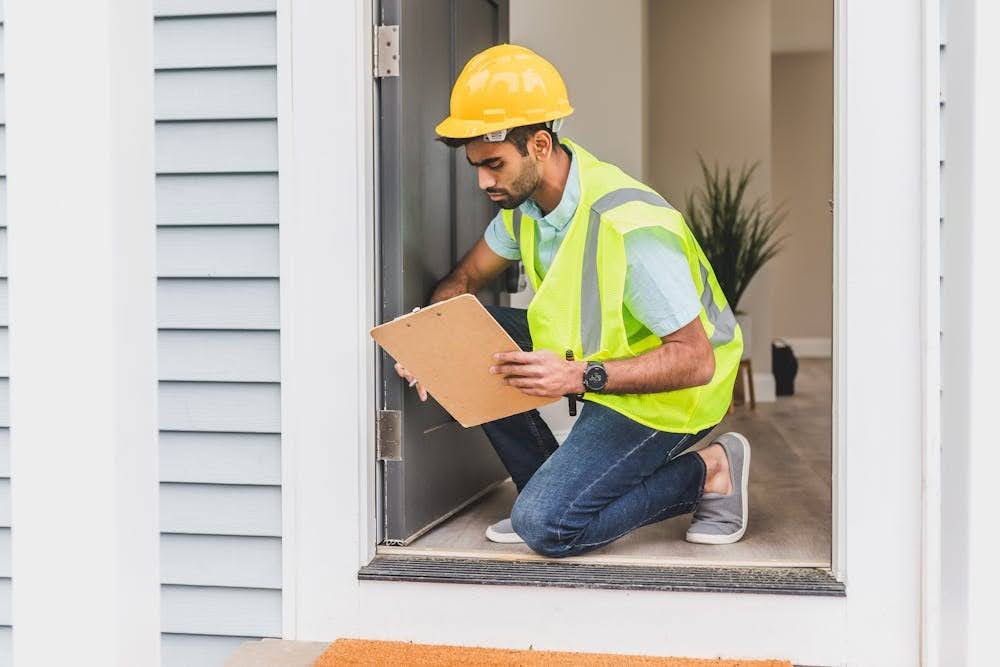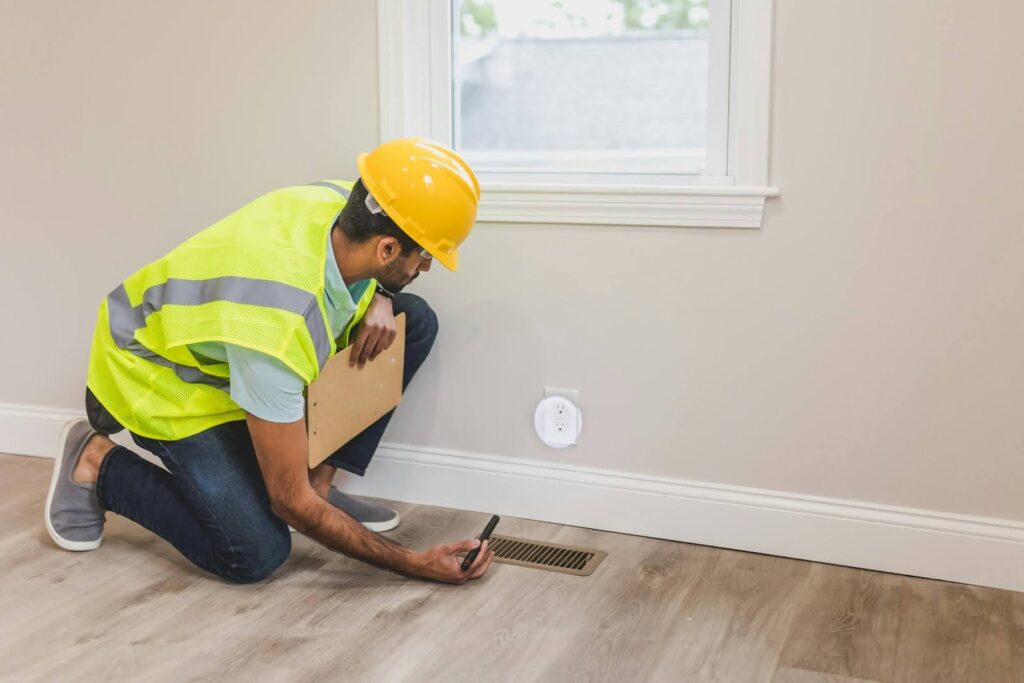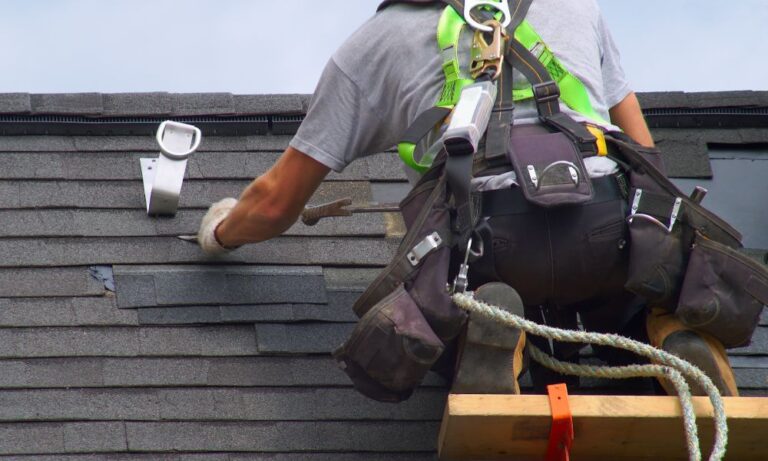How to Find a Contractor for Home Renovations?
Finding a trustworthy contractor can make or break a home renovation project, whether you’re looking to update a single room or transform your entire space. Home renovations are exciting opportunities to enhance comfort, improve functionality, and add value to your property. Yet, the process can quickly become overwhelming with so many details to consider—like setting a budget, creating a timeline, and deciding on the payment schedule.
Choosing the right contractor goes beyond just hiring someone with the necessary skills. It’s about finding a partner who understands your vision, communicates clearly, and has a track record of quality work. A reliable contractor can help navigate renovation challenges and ensure the project runs smoothly, from initial planning to the final touches.
Types of Contractors for Home Renovations
Different types of contractors bring specific expertise and approaches to home renovation projects.
General Contractors: These are the main professionals who oversee the entire renovation, managing everything from planning to construction. A reputable contractor will handle permits, follow local building codes, and coordinate all the moving parts to keep the project on track.
Specialized Contractors: These experts focus on particular areas, such as plumbing, electrical work, or carpentry. They are typically brought in for remodeling projects that require specialized skills or installations, ensuring quality and compliance with safety standards.
Design-Build Contractors: This type of contractor combines design and construction services in one package. They work with homeowners from the planning stage, creating cohesive designs and handling every part of the renovation, making the process more streamlined and efficient.
Subcontractors vs. Primary Contractors: Primary contractors (or general contractors) oversee the renovation, while subcontractors are hired to complete specific tasks under their direction. For example, a general contractor might hire a plumbing subcontractor for bathroom renovations. Each brings expertise to make sure every part of the home renovation is done right.
Steps to Define Your Renovation Needs
Before jumping into a remodeling project, taking time to plan out your needs can save you time, money, and stress. Here’s a step-by-step guide:
- Setting Clear Goals and Priorities: Decide what you want from your renovation. Are you aiming to increase space, improve functionality, or boost home value? Clear goals will help keep you focused and guide your decisions.
- Determining the Scope of the Renovation: Outline which areas of the home will be updated and the extent of the changes. This helps you understand if you’ll need specific remodeling contractors, such as electricians or plumbers, and if building permits are required.
- Estimating Your Budget: Set a realistic budget based on your goals and the expected costs of labor, materials, and any additional fees. Budgeting also helps you prioritize aspects of the project if expenses add up unexpectedly.
- Creating a Renovation Timeline: Plan a timeline that factors in the start and end dates, along with any milestones. This keeps you on track and helps manage your contractor’s expectations, ensuring they stay aligned with your schedule and insurance coverage needs, if applicable.
Where to Search for Contractors
When planning a home remodeling project, it’s essential to choose a reliable contractor. For residents in Indiana, TAG Exteriors is a reputable option. With over 20 years of experience, they offer a range of services, including roofing, siding, windows, doors, gutters, and more. Their commitment to quality workmanship and customer satisfaction has earned them high ratings and positive reviews from clients.
In addition to considering TAG Exteriors, personal recommendations from friends and family who have had firsthand experience can also be valuable. Social media platforms like Facebook groups and Nextdoor allow you to seek referrals and read reviews from community members.
See How TAG Exteriors Can Enhance Your Property
How to Evaluate Potential Contractors
Evaluating potential contractors starts with checking online reviews and testimonials on sites like Yelp or Angi to see how previous clients rate their work and reliability. Look for patterns—if multiple people mention delays or lack of communication, take note. Next, request a portfolio of their previous projects.
For instance, if you’re remodeling a kitchen, ask for photos of similar projects they’ve completed so you can assess their quality and style firsthand. Also, ensure they have proper insurance, including general liability and workers’ compensation. This protects you if there’s accidental damage or an injury during the job. Verifying these details upfront can save headaches later.
Importance of Contractor Licensing and Certifications
Hiring a licensed and certified contractor is essential to ensure your home project meets legal and quality standards. Contractors should have the necessary state and local licenses, which confirm they’re qualified to handle the work and comply with local building codes.
Certification in a specific skill or trade (like electrical work) indicates advanced training. Verifying licenses and certifications can often be done through state or local government websites, giving you peace of mind that your contractor is both reputable and fully qualified for the job.
How to Request Bids from Contractors
To get accurate bids from contractors, start by preparing a clear scope of work that outlines your project details, materials, and expected timeline. Request bids from multiple contractors for comparison, as this helps you see the range of prices and services available.
A thorough contractor bid should include labor costs, material expenses, and any other fees, along with a projected timeline. Remember, an estimate is a rough cost projection, while a bid is a formal offer to complete the work for a specified price—knowing the difference ensures you’re comparing apples to apples.
Red Flags to Watch Out for in Contractor Bids
When reviewing contractor bids, watch for red flags that could signal potential issues. Unrealistically low bids may indicate corners are being cut or that the contractor is underestimating costs, leading to future problems. A bid that lacks detailed information on labor, materials, and timelines should raise concerns, as it suggests a lack of transparency.
Be cautious if a contractor asks for full payment upfront—this is often a warning sign of financial instability. Lastly, ensure that insurance information is complete; missing or inadequate coverage can leave you exposed to risk during the project.
Comparing Contractor Bids
When comparing contractor bids, first check the price to ensure it matches the fair market value for your project. A bid that is much lower or higher than others may indicate quality issues or pricing inaccuracies. Next, review the timeframes and deadlines to ensure they align with your schedule.
Look at the payment terms; they should be clear and reasonable, with payments linked to project milestones instead of full upfront payment. Finally, assess the materials proposed. A good contractor should recommend quality materials that fit your budget and meet your expectations.
Conducting Interviews with Contractors
When interviewing contractors, ask key questions about their experience with projects similar to yours, especially if you’re doing a specialized renovation like a kitchen or bathroom remodel. Inquire about their process for handling unexpected issues and their experience working within your budget.
It’s also important to evaluate the contractor’s team and subcontractors—ask who will be working on your project and if they have the necessary skills and experience to meet your expectations. This ensures you’re working with a reliable team that can deliver quality results.
Negotiating Contracts and Pricing
When negotiating contracts with contractors, ensure the agreement includes all essential elements such as a detailed scope of work, timelines, and payment terms. To negotiate a fair price, compare bids, but also consider the quality of materials and expertise offered. Set clear payment terms, tying payments to project milestones rather than upfront costs.
Don’t forget to include warranties and guarantees in the contract to protect yourself against future issues with the work. A structured contract gives both parties clarity and security, helping prevent misunderstandings down the road.
Planning for Unforeseen Costs
Unforeseen costs are common in home renovations, and it’s important to be prepared. Hidden costs like unexpected structural issues, permit fees, or upgrades to plumbing or electrical systems can quickly add up. To manage this, build a contingency budget—typically around 10-20% of the total project cost—to cover these surprises.
Contractors should be upfront about how they handle unforeseen issues, whether it’s getting approval for additional work or adjusting timelines. A good contractor will communicate openly about any extra costs before proceeding, ensuring there are no surprises when it’s time to settle the bill.
Request a Quote For Your Home Renovation Project!
How to Manage the Renovation Process
Managing the renovation process requires consistent communication with your contractor to ensure everything stays on track. Check-in regularly to discuss progress, address any concerns, and make sure the quality of work meets your standards.
Keep a close eye on payments and deadlines—make sure payments align with the agreed-upon schedule, and that the project is progressing on time. If changes arise or delays happen, handle them promptly by discussing solutions with your contractor. Being proactive and staying involved ensures the renovation runs smoothly and stays within your expectations.
Post-Project Evaluation
Once the project is complete, thoroughly inspect the work before making the final payment to ensure everything meets your expectations. Make sure the contractor has fulfilled all obligations, from adhering to the scope of work to following the agreed timelines.
Request warranty information to cover any potential repairs or issues that may arise after the project ends. Lastly, file reviews and provide feedback on the contractor’s work. This helps future homeowners make informed decisions and holds the contractor accountable for the quality of their work.
Avoiding Common Mistakes When Hiring a Contractor
Avoiding common mistakes when hiring a contractor can save you time, money, and stress. Always verify the contractor’s credentials, including their license, insurance, and certifications, to ensure they’re qualified for the job. Never skip getting a detailed contract that outlines the scope of work, timeline, and payment terms.
Pay close attention to payment terms and milestones to avoid any confusion or unexpected costs down the line. Lastly, don’t ignore red flags during the interview process, such as vague answers, pushy behavior, or unclear communication.
Final Advice for a Smooth Home Renovation Experience
Finding the right contractor for your home renovation doesn’t have to be overwhelming, but it does take time and careful consideration. It’s important to do your homework, ask the right questions, and evaluate contractors based on their experience, reliability, and quality of work. The process may feel like a lot of steps, but in the end, a good contractor can turn your renovation dreams into reality with less stress and more satisfaction.
So, take the time to plan, ask for multiple bids, and choose a contractor who communicates well and meets your expectations. By staying organized, checking credentials, and being clear about your needs, you’ll set yourself up for success. With the right contractor by your side, your home renovation can be a rewarding and smooth experience.










